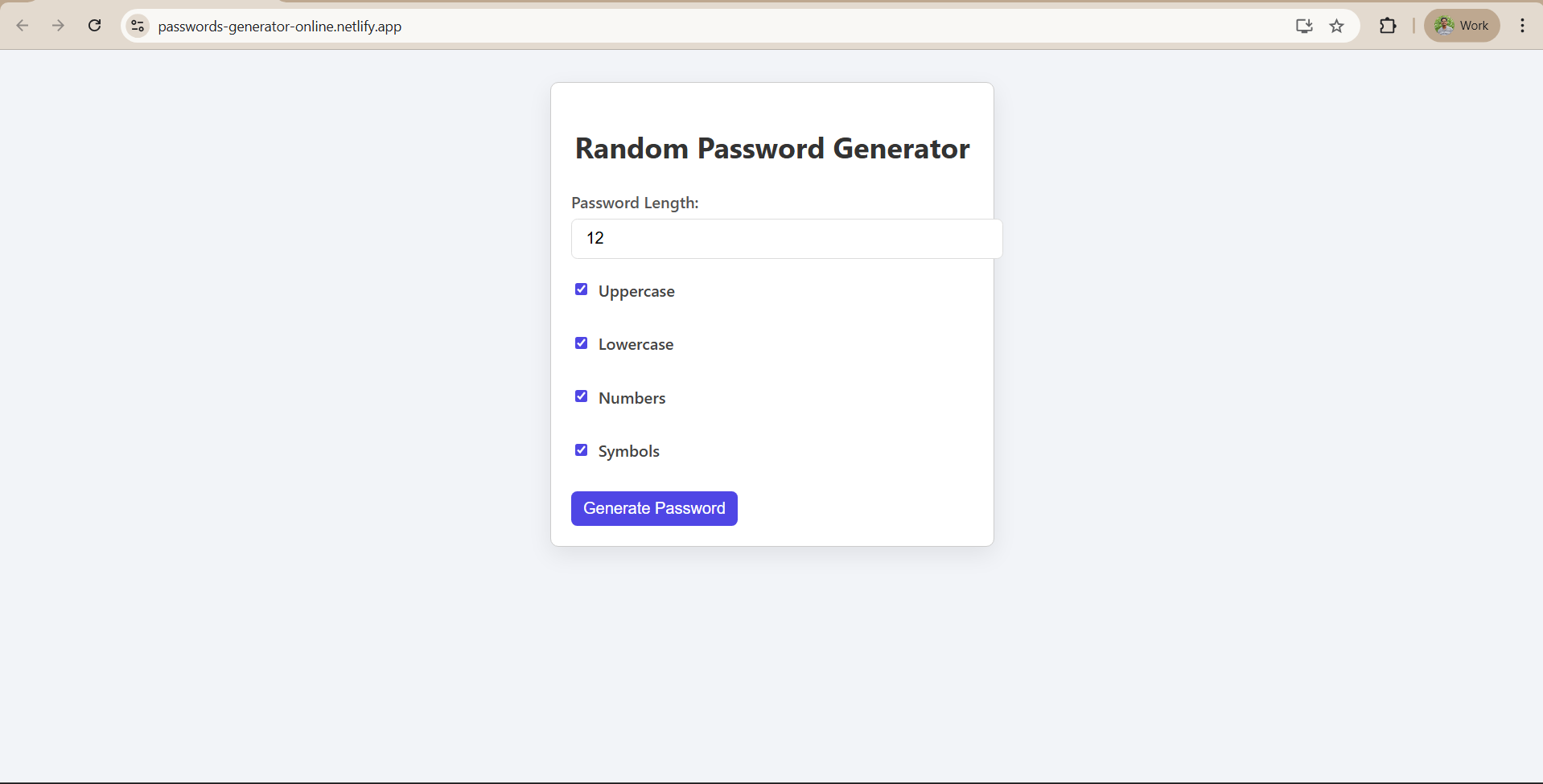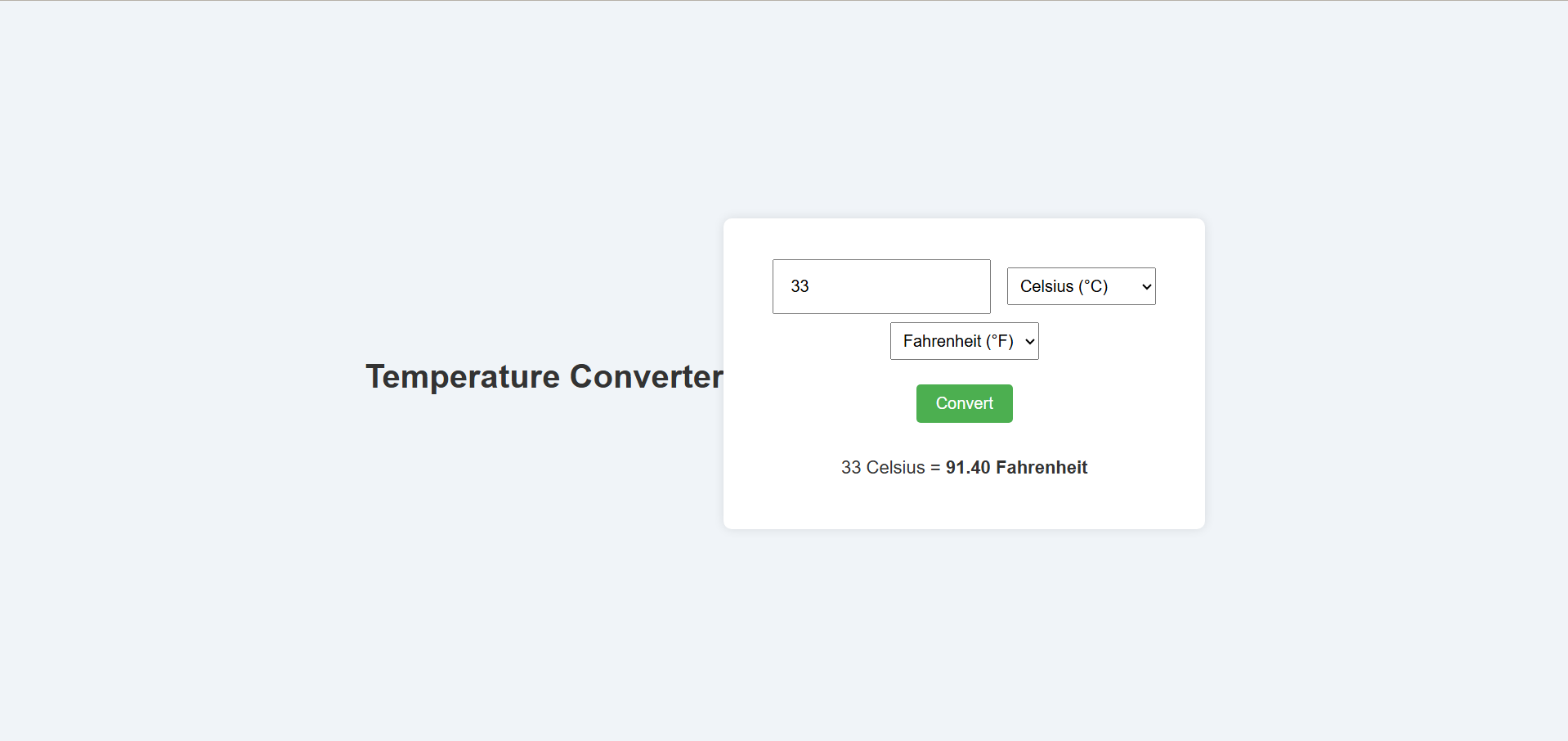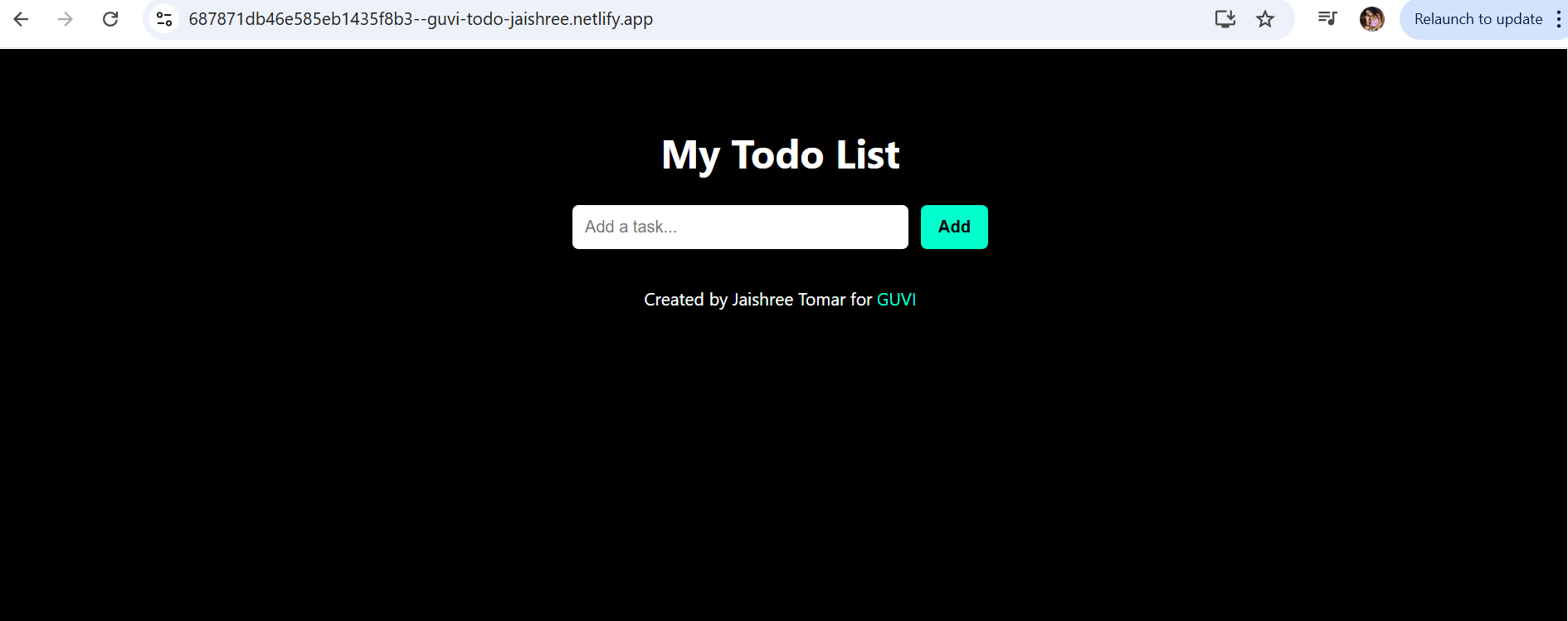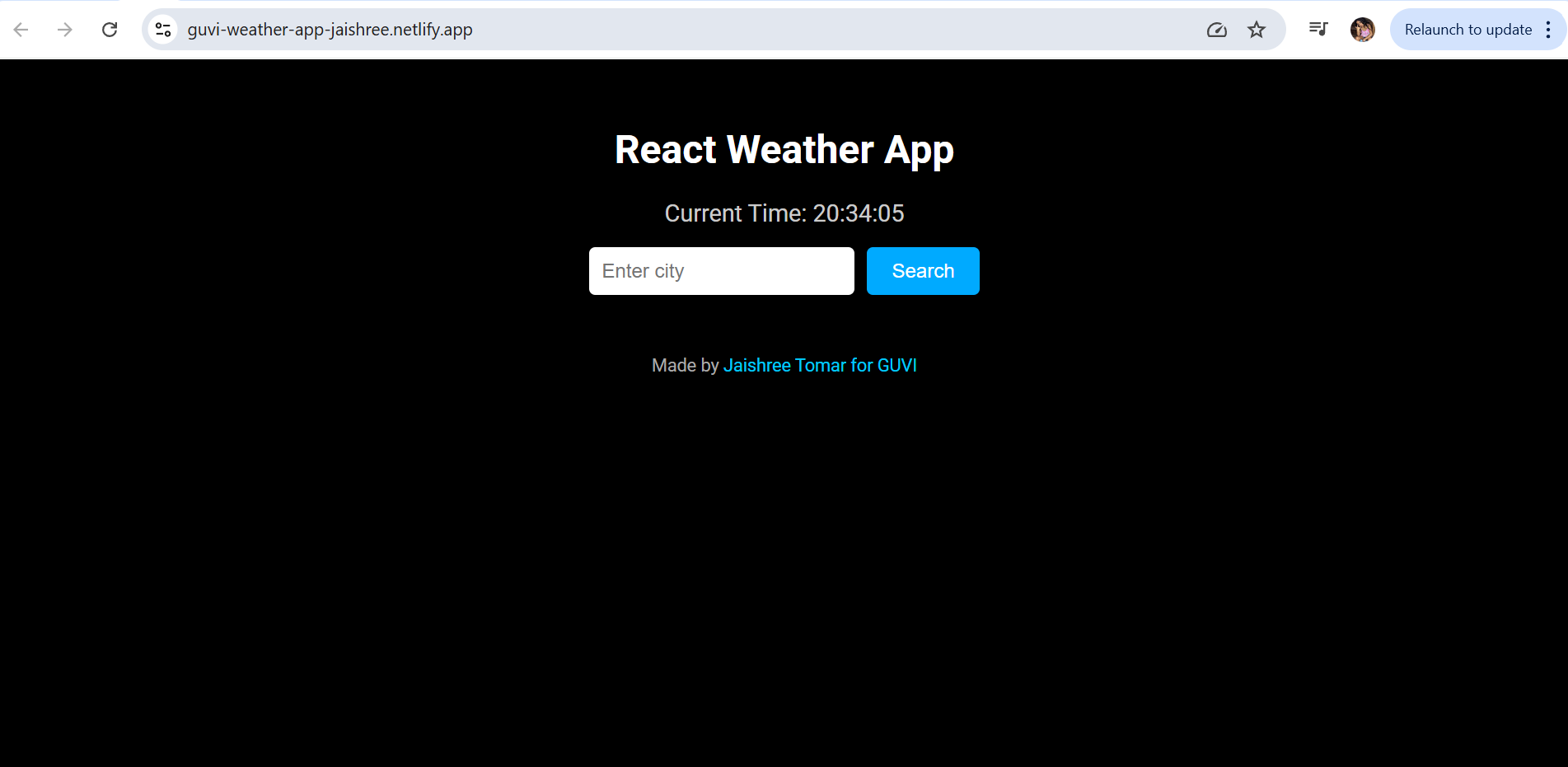Block-level Variables in Cpp
Block-level Variables
Block-level variables are declared inside a block of code in a C++ program. They have a scope limited to the block of code in which they are declared. Block-level variables are used when you want to temporarily store data that is only needed within a specific part of a function.
How to declare block-level variables
To declare a block-level variable, simply declare it inside a code block. For example, to declare a block-level integer variable named "myVar", you would write:
void myFunction() {
if (someCondition) {
int myVar;
}
}This declares a block-level integer variable named "myVar" within the "if" statement block.
How block-level variables can be accessed
Block-level variables can only be accessed within the block of code in which they are declared. To use a block-level variable, refer to it by its name within the code block. For example:
void myFunction() {
if (someCondition) {
int myVar = 10;
cout << myVar << endl;
}
}This code declares a block-level integer variable named "myVar" and initializes it to 10 within the "if" statement block. It then outputs the value of "myVar".
Pros and cons of using block-level variables
The use of block-level variables has both advantages and disadvantages.
Advantages:
- Block-level variables are only accessible within the block of code in which they are declared, which makes it easier to track down bugs and errors.
- Block-level variables are automatically destroyed when the block of code in which they are declared ends, which helps prevent memory leaks.
Disadvantages:
- Block-level variables cannot be accessed from outside the block of code in which they are declared, which can be a disadvantage if you need to access the data stored in the variable from another part of the program.
- Block-level variables can be more difficult than global or local variables, as they must be passed as arguments to functions or returned from functions to be used in other parts of the program.
Example code to illustrate block-level variables
Here is an example program that uses a block-level variable:
#include <iostream>
using namespace std;
// a function that uses a block-level variable
void myFunction() {
if(someCondition) (
// declare a block-level integer variable
int myVar = 10;
// output the value of the block-level variable
cout << "myVar = " << myVar << endl;
}
}
int main() {
// call the function that uses the block-level variable
myFunction();
return 0;
}This program defines a function named "myFunction" that declares a block-level integer variable named "myVar" and initializes it to 10 within the "if" statement block. It then calls "myFunction" from the "main" function. When run, the program outputs:
myVar = 10This illustrates how a block-level variable can be used within a block of code to store data that is only needed within that block temporarily.
Static Variables
In C++, a static variable is a variable that retains its value even after its scope has ended, unlike local variables that are destroyed when their scope ends. Static variables persist throughout the life of a program. Static variables can be declared inside or outside of any function and are initialized only once during the program's execution.
How to declare static variables
The 'static' keyword is used before the data type to declare a static variable inside a function. For example:
void myFunction() {
static int count = 0; // static variable declaration
}To declare a static variable outside of any function, the 'static' keyword is used before the data type, and the variable is declared at the global scope. For example:
static int count = 0; // static variable declaration at global scopeHow static variables can be accessed
Static variables can be accessed only within the scope in which they are declared. For example, a static variable declared inside a function can be accessed only within that function. Similarly, a static variable declared outside of any function can be accessed only within the file in which it is declared.
Pros and cons of using static variables
Pros:
- Static variables can retain their value throughout the life of a program, which can be useful in certain situations.
- Static variables can be accessed only within their scope, which can help prevent naming conflicts and make code easier to maintain.
Cons:
- Static variables can make code harder to understand and debug, especially when used in complex programs.
- Static variables can introduce unexpected behavior if they are not used carefully.
Example code to illustrate static variables
Here is an example code that uses a static variable inside a function:
#include <iostream>
using namespace std;
void myFunction() {
static int count = 0; // static variable declaration
count++;
cout << "Count: " << count << endl;
}
int main() {
myFunction(); // prints Count: 1
myFunction(); // prints Count: 2
myFunction(); // prints Count: 3
return 0;
}In this code, the static variable 'count' retains its value throughout the function calls, and its value is incremented each time the function is called.



























